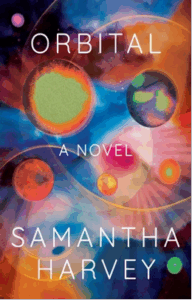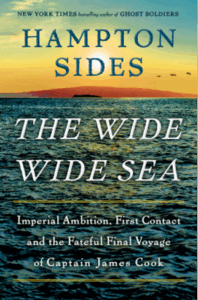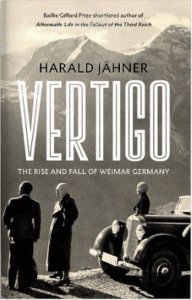Date: July, 7, 2025
Location: Oak Hills Golf Course
Time: 1PM shotgun start, staging at 12:30PM
Format: Scramble
Cost: $110 per golfer includes green’s fee, cart, tips, prizes and
$20 donation to At Home in Darien
Greens/Tee Signs: $150 per sign, net proceeds (estimated to be $135
per sign) to go to At Home in Darien
Mulligans: $10 per mulligan, max 4 per foursome, sold during
staging, cash only
Food: Odeens restaurant will be open prior to the event for lunch
Beverage and snacks available at the halfway house and
roving refreshment carts – cash only
After Golf: Awards, brief remarks, cash bar on the patio — nibbles and
snacks to be provided
To the members of the DMA and friends,
Please join us for an afternoon of golf at Oak Hills Golf Course on Monday, July 7, 2025 with a 1PM shotgun start, 12:30PM staging in carts in the parking area. It will be a scramble format, with prizes for the winning foursome and runners up. Golf cost of $110 per person includes golf green’s fee, cart rental, tips, prizes and a $20 donation to At Home in Darien. Greens/Tee signs are being sold for $150 per sign, with net proceeds to go to At Home in Darien. Mulligans ($10@, max 4 per foursome with proceeds going to At Home in Darien) will be sold for cash during the staging. There will be a brief awards ceremony and reception with cash bar at Odeens (nibbles and snacks to be provided) after golf. For those wishing to have lunch at the course prior to the event, Odeens restaurant will be open offering a full menu available for purchase. There is also a halfway house after the 9th hole offering beverages and snacks, as well as roving refreshment carts on the course – both are cash only.
Please contact Frank Gallagher (francis.gallagher100@gmail.com) if you would like to play or bring a foursome or purchase a green/tee sign. We currently have 19 foursomes signed up and would like to get to 25 foursomes. The event is open to men and women, DMA members and friends of DMA members and friends of At Home in Darien. Checks for golf ($110 per person) and tee/green signs ($150 per sign) at to be made out to the Darien Men’s Association and mailed to the Darien Men’s Association, 274 Middlesex Road, Darien, CT 06820 Attention: Bert von Stuelpnagel. All net proceeds from the event will be passed through to At Home in Darien.
The Darien Men’s Association (“DMA”) is a non-profit organization affiliated with the Darien Community Association (“DCA”). The DMA is a group of roughly 350 retired and semi-retired men from Darien who meet weekly from mid-September through early June at the DCA in a spirit of comradery and shared interests in a variety of activities. A key feature of the DMA meetings is a speaker series involving talks from a variety of business, academic, political, media, and sports figures. The DMA agreed early this year to provide support to At Home in Darien in the form of donations and volunteer service. To learn more about the DMA visit their website at www.dariendma.org.
At Home in Darien is a non-profit organization based at Town Hall in Darien whose mission is to empower seniors in Darien to stay in their homes and be safe, healthy and socially connected. At Home provides services to seniors including transportation, shopping, light household chores that enable seniors to stay in their homes. For more information on At Home in Darien please visit their website (athomeindarien.org)
DMA/At Home in Darien Golf Event Committee
Frank DeLeo
Frank Gallagher
John Craft
Jay Bennett
Bob Conologue
Chris Jones
Mark Bergen
Bob McGroarty
Jerry Crowley



